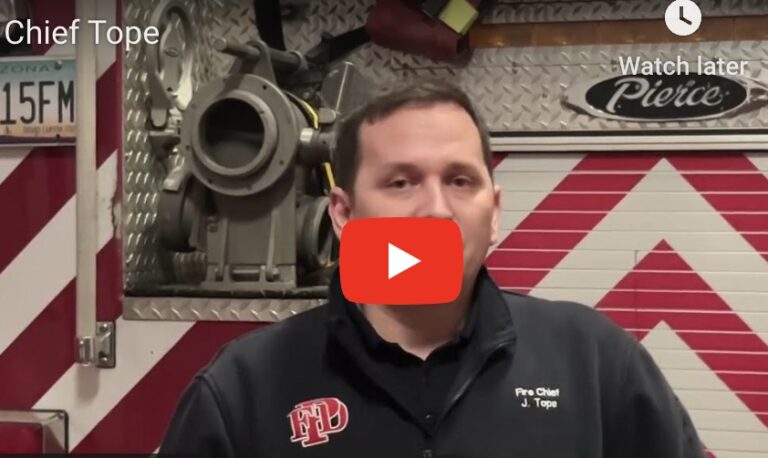In the vast expanse of rural America, where the rolling hills meet endless fields and tight-knit communities dot the landscape, small rural fire departments stand as stalwart guardians of safety and security. These fire departments, often operating with limited resources and manpower, play a crucial role in protecting lives and property in areas where the nearest city may be miles away.
Yet, their effectiveness hinges not only on the dedication of their firefighters but also on the unwavering support of the communities they serve, as well as the crucial assistance provided by fire auxiliaries.

The Functioning of Small Rural Fire Departments
Small rural fire departments face a myriad of challenges unique to their environment. With fewer resources and personnel compared to their urban counterparts, these departments must often cover vast geographic areas, necessitating efficient management and strategic deployment of assets. Volunteer firefighters form the backbone of many rural fire departments, selflessly committing their time and expertise to serve their communities.
The functioning of these departments encompasses a wide range of responsibilities beyond firefighting. In addition to responding to emergencies, firefighters engage in fire prevention education, community outreach, and maintenance of equipment and facilities. Training is paramount, ensuring that volunteers are equipped with the skills necessary to handle various emergencies, from wildfires to medical incidents.
Moreover, rural fire departments often collaborate closely with neighboring departments through mutual aid agreements. In emergencies exceeding their capacity, these departments rely on each other for additional resources and manpower, exemplifying the spirit of solidarity and cooperation that defines firefighting in rural areas.
Community Support: The Lifeline of Rural Fire Departments
In rural communities, the bond between residents and their fire department runs deep. Community support is the lifeblood that sustains these departments, enabling them to overcome challenges and fulfill their mission effectively. Financial contributions from local businesses, fundraising events, and donations from residents provide vital resources for purchasing equipment, maintaining vehicles, and improving infrastructure.
However, community support extends beyond financial assistance. Residents play an active role in fire prevention efforts by adhering to safety regulations, maintaining defensible space around their properties, and participating in educational programs offered by the fire department. Additionally, community members often volunteer their time and skills to assist with administrative tasks, facility maintenance, and fundraising initiatives.

The Role of Fire Auxiliaries in Rural Communities
Fire auxiliaries play a pivotal role in augmenting the capabilities of small rural fire departments. Comprising dedicated volunteers, these auxiliaries provide crucial support in various aspects of departmental operations. One of their primary functions is fundraising, organizing events and campaigns to generate funds for equipment purchases, training programs, and facility upgrades.
Moreover, fire auxiliaries assist with community outreach efforts, spreading awareness about fire safety and prevention measures. Through educational initiatives, they empower residents to take proactive steps in mitigating fire risks and responding effectively in emergencies. Additionally, fire auxiliaries serve as a bridge between the fire department and the community, fostering a sense of camaraderie and cooperation.
Furthermore, fire auxiliaries contribute to the recruitment and training of volunteer firefighters. By organizing recruitment drives and training programs, they help bolster the ranks of the fire department, ensuring a sufficient pool of trained personnel to respond to emergencies.
We hold our meetings on the first Tuesday of each month so come see what we’re all about!
Strengthening Partnerships for Resilient Communities
The relationship between small rural fire departments, fire auxiliaries, and the community exemplifies the essence of community resilience. Through collaboration and mutual support, these stakeholders work together to safeguard lives and property, overcoming the challenges posed by limited resources and vast geographic areas.
The synergy between rural fire departments and fire auxiliaries underscores the importance of grassroots initiatives in addressing local needs. By harnessing the collective efforts of volunteers and community members, these organizations strengthen the fabric of rural communities, fostering a culture of preparedness and resilience.
In conclusion, small rural fire departments and fire auxiliaries play integral roles in ensuring the safety and well-being of rural communities. Through their dedication, collaboration, and community support, they embody the spirit of service and sacrifice that defines firefighting in rural America. As the heart of the community, these organizations stand ready to protect and serve, exemplifying the resilience and strength of rural America.





